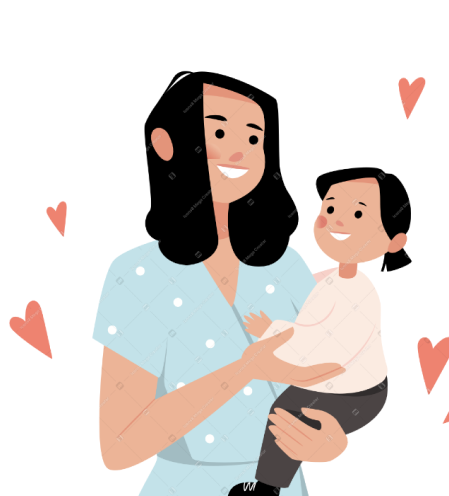Find a Surrogate in North Carolina
Finding the right surrogate in Charlotte, NC is a thoughtful, collaborative journey that includes:
-
Initial Consultation: Begin by meeting with experienced surrogacy professionals to learn about the process, discuss your goals, and share your hopes for the journey ahead.
-
Surrogate Screening: Every potential surrogate undergoes a thorough screening process, including medical, psychological, and lifestyle evaluations, to ensure they’re fully prepared for the responsibilities of surrogacy.
-
Matching Process: You'll review detailed surrogate profiles and select someone whose values, personality, and expectations align with yours. Factors like age, background, lifestyle, and communication style may all play a role in your decision.
-
Introduction Meeting: Once a match is made, surrogates and intended parents will have an opportunity to meet. This meeting helps establish a foundation of trust, mutual respect, and open communication, which is essential for a positive surrogacy experience.
How Much Does Surrogacy Cost in Charlotte?
Intended parents in Charlotte, NC can expect the total cost of a surrogacy journey to range from $100,000 to $200,000, depending on individual circumstances and choices. This all-in estimate includes both fixed and variable expenses, such as:
- Agency Fees: $22,000–$30,000
- Surrogate Compensation: $50,000–$70,000+
- Legal Fees: $7,000–$12,000
- Medical & IVF Procedures: $15,000–$25,000
- Embryo Transfer & Medications: $8,000–$13,000
- Prenatal Care & Delivery: $12,000–$28,000
- Insurance, Travel & Miscellaneous Costs: $2,500–$4,800
North Carolina does not mandate insurance coverage for infertility or surrogacy-related expenses, and many health insurance plans exclude surrogacy. And while the overall cost may feel overwhelming at first, many families manage expenses through a combination of fertility benefits, grants, personal savings, and financing options. With expert guidance and careful planning, surrogacy can be a financially manageable and profoundly fulfilling path to parenthood.
Learn More About Surrogacy Costs
How to Find a Surrogate in Charlotte
While it’s possible to pursue an independent surrogacy journey in North Carolina, many intended parents in Charlotte and beyond choose to work with a surrogacy agency like GSHC to help navigate the complexities of the process with confidence and clarity. Partnering with an experienced agency can greatly reduce the stress, confusion, and uncertainty that often come with going it alone.
When you work with GSHC, you gain a dedicated advocate who will:
- Guide you through every stage of the process, from initial consultation to post-birth support
- Carefully screen and match you with a surrogate who aligns with your values, preferences, and family goals
- Connect you with essential professionals, including fertility clinics, reproductive attorneys, and medical providers
- Offer ongoing support throughout the pregnancy, especially in the event of medical or emotional challenges
Because the relationship between a surrogate and intended parents can be lifelong, a surrogacy agency can also help nurture and support that bond, whether you wish to maintain ongoing contact or define clear boundaries after the birth. With compassionate, experienced guidance, your surrogacy journey in North Carolina can be as smooth and meaningful as possible.
Using an Egg Donor and Surrogate in Charlotte
North Carolina law permits both gestational surrogacy and traditional surrogacy, with no statutes prohibiting either.
- In traditional surrogacy, the surrogate is also the biological mother of the child she carries. Her egg is fertilized using sperm from the intended father or a donor using intrauterine insemination (IUI).
- In gestational surrogacy, the surrogate has no genetic link and is unrelated to the baby. The embryo is created using the egg and sperm of the intended parents or donors, and then transferred to the surrogate's uterus through in vitro fertilization (IVF).
LGBTQ+ Surrogacy in Charlotte
North Carolina laws are inclusive for families of all backgrounds, and courts regularly grant pre‑birth and post-birth orders for same‑sex, unmarried, and single intended parents.





